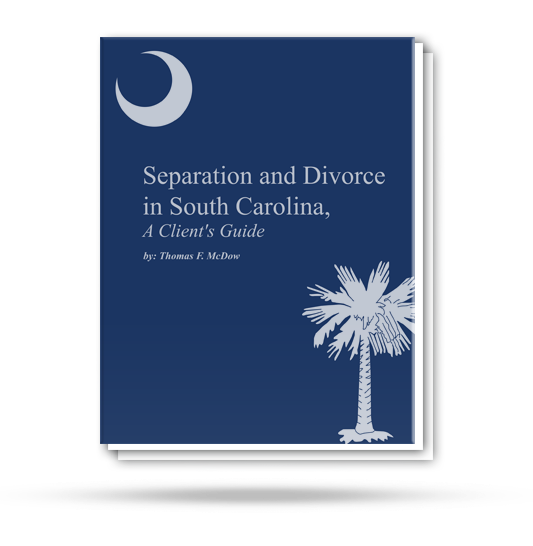
Trying a case and appealing a case require different skills and knowledge.
A trial judge decides the case on the testimony of the witnesses, the exhibits introduced by the parties, and the legal arguments of the lawyers.There is no live testimony before an appellate court. An appellate court gets all of its fact from the trial court’s record, considers legal briefs written by the lawyers, sometimes hears oral arguments from the lawyers, and then decides whether the trial judge misapplied the law or misconstrued the facts. The success of an appeal frequently turns on how well the trial lawyer “protected the record” for an appeal. Appellate lawyers who must work with the trial court record learn to create better records as trial lawyers. Trial lawyers who do appellate work learn to incorporate facts which may influence appellate courts into the record.
Trial experience is vital for an effective appellate lawyer and appellate experience is vital for an effective trial lawyer. A reputation as an appellate lawyer is also helpful in getting favorable settlements before trial. A trial is a formidable threat, which encourages lawyers to settle. A trial followed by an appeal is an even greater encouragement to settle.

Getting Started
Beginning a separation or divorce can be taxing. We've put together a Clients' Guide to help you get started.
Get Started